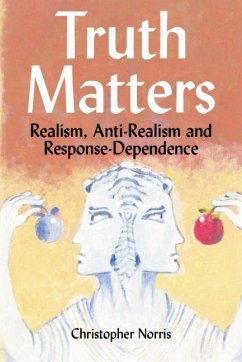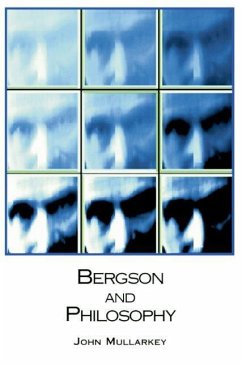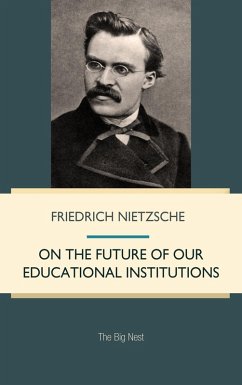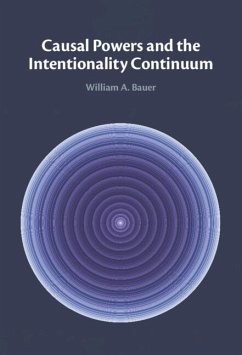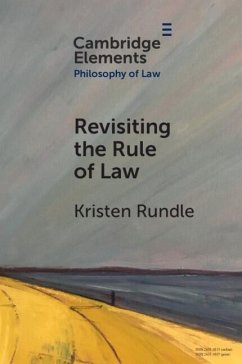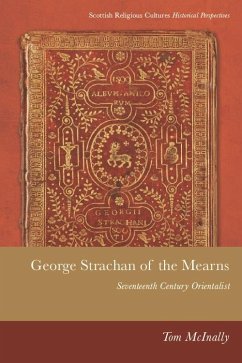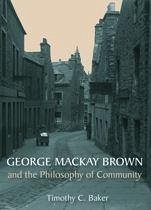
George Mackay Brown and the Philosophy of Community (eBook, PDF)

PAYBACK Punkte
0 °P sammeln!
George Mackay Brown has long been recognised as one of the most original and important Scottish writers of the twentieth century. This book is the first comprehensive account of Brown's work from a philosophical perspective and offers a radical new approach to the study of Scottish literature. The importance of local community in the work of Scottish novelists ranging from Walter Scott to Neil M. Gunn has often been noted, but few critics have addressed the relation of this concept to current philosophical and sociological models of community. Timothy C. Baker uses Brown's work as a primary ca...
George Mackay Brown has long been recognised as one of the most original and important Scottish writers of the twentieth century. This book is the first comprehensive account of Brown's work from a philosophical perspective and offers a radical new approach to the study of Scottish literature. The importance of local community in the work of Scottish novelists ranging from Walter Scott to Neil M. Gunn has often been noted, but few critics have addressed the relation of this concept to current philosophical and sociological models of community. Timothy C. Baker uses Brown's work as a primary case study to demonstrate that the relationship between the individual and the community is a dominant narrative question in Scottish fiction.Baker traces the development of Brown's writing in relation to contemporary developments in the study of community, drawing on both continental and Anglo-American traditions. Focusing on Brown's novels, Baker argues for Brown's importance not only within a Scottish literary tradition, but as a major thinker of community. The book also suggests the utility of community, as opposed to nation and region, for productive discourse on modern literature. Combining close readings with theoretical elaborations, and including a broad national and historical overview, Baker offers a new perspective both on Brown's work and contemporary national literatures.Key Features:*Offers the first philosophically-informed critique of George Mackay Brown *Shows how fiction can contribute to an understanding of the problems of community in modernity*Suggests new directions for the study of contemporary Scottish literature*Takes into account Brown's late and posthumous writings as well as unpublished material not covered before
Dieser Download kann aus rechtlichen Gründen nur mit Rechnungsadresse in A, B, BG, CY, CZ, D, DK, EW, E, FIN, F, GR, HR, H, IRL, I, LT, L, LR, M, NL, PL, P, R, S, SLO, SK ausgeliefert werden.




